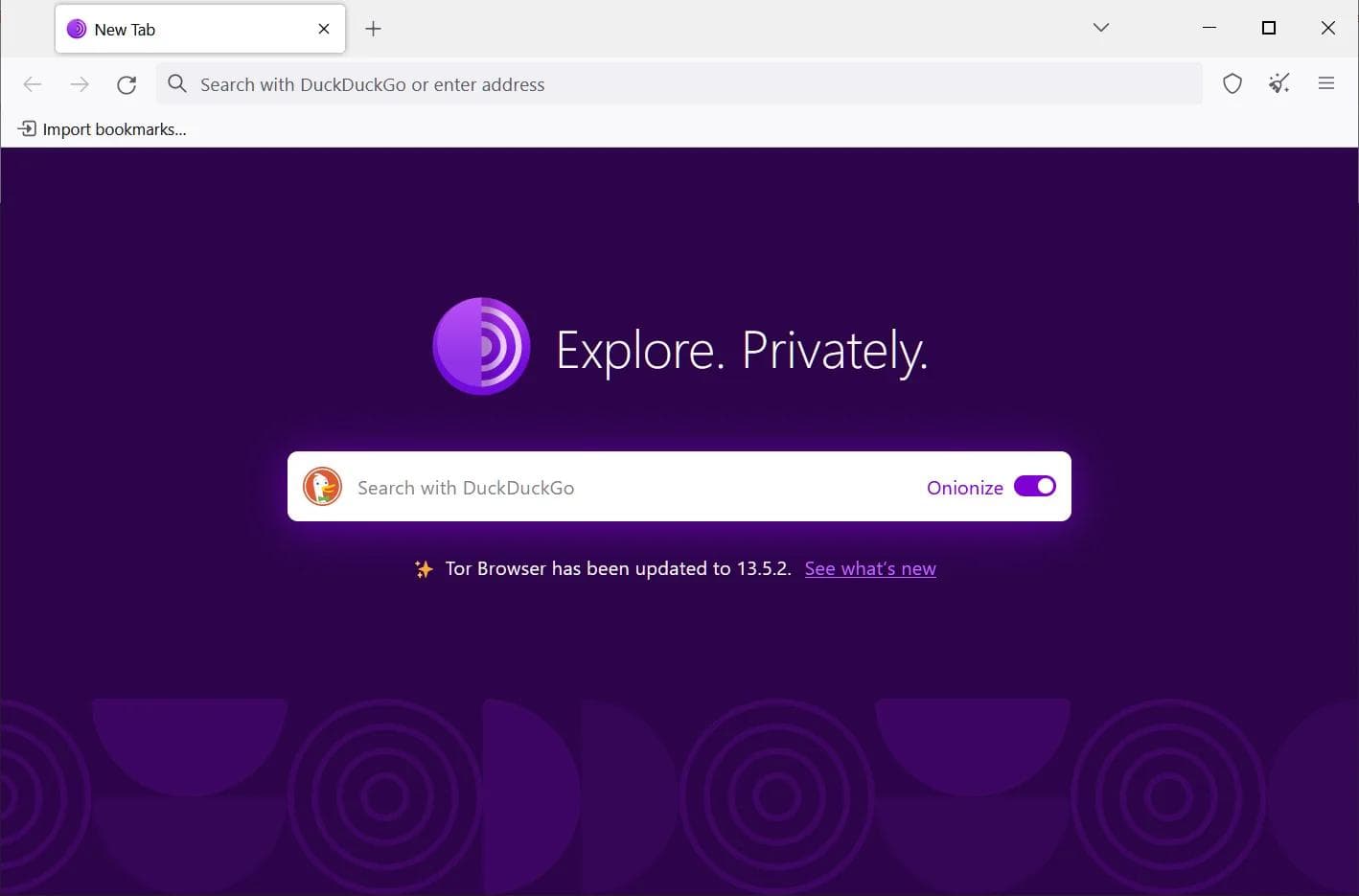Leaks
Rhode Island Data Breach: Personal Information Leaked on Dark Web
Cybercriminals have leaked personal data from Rhode Island's RIBridges system on the dark web. The state is urging residents to protect their financial information while free credit monitoring is being offered to those impacted.
Published on 30th Dec, 2024|3 min read
Rhode Island Data Breach: Personal Information Leaked on Dark Web
Cyberattack on RIBridges Exposes Sensitive Data
On December 30, 2024, Rhode Island officials confirmed that personal data from the state’s health and benefits system, RIBridges, was leaked on a dark web platform. Governor Daniel McKee announced the breach during a press conference, emphasizing that the state had been preparing for such scenarios to protect residents.
The cybercriminals behind the attack have published stolen files on the dark web, an encrypted segment of the internet accessible only through anonymity tools. While it remains unclear if all compromised data has been released, the breach has prompted swift action from state authorities.
State's Response and Mitigation Measures
The RIBridges system supports essential programs, including:
- Medicaid
- Supplemental Nutrition Assistance Program (SNAP)
- Temporary Assistance for Needy Families (TANF)
- Childcare Assistance Program
- Rhode Island Works
- Long-term Services and Supports
- HealthSource RI
To address the breach, Rhode Island officials are working with Deloitte, the system's developer, to identify affected individuals. Impacted residents will receive letters detailing steps to access free credit monitoring services. Governor McKee reassured the public, stating:
"While this data has been compromised, that does not mean it has been used for identity theft purposes—yet."
Additionally, the state has launched an outreach strategy to encourage residents to safeguard their personal information.
Recommended Protective Measures
Governor McKee outlined a series of proactive steps for Rhode Islanders to protect themselves from potential identity theft:
- Credit Freezes: Contact the three major credit reporting agencies—Equifax, Experian, and TransUnion—to freeze credit reports.
- Credit Reports: Request a free credit report to review any unauthorized activity.
- Fraud Alerts: Place a fraud alert on credit files to notify potential creditors of suspicious activity.
- Multi-Factor Authentication: Enable multi-factor authentication for online accounts to add an extra layer of security.
- Be Vigilant: Watch for phishing attempts via emails, phone calls, or texts that appear legitimate but aim to steal personal information.
Challenges in Cybercrime Investigation
Law enforcement agencies are investigating the breach, but Governor McKee acknowledged the difficulties in apprehending the perpetrators, given the anonymity of the dark web. IT teams are currently analyzing the leaked files to determine the scope of the compromise, a task described as "complex and ongoing."
Despite these challenges, the incident highlights the critical need for robust cybersecurity measures in protecting sensitive systems like RIBridges.
Key Takeaways
- Incident: Personal data from Rhode Island’s health benefits system leaked on the dark web.
- Affected Programs: Medicaid, SNAP, TANF, HealthSource RI, and more.
- State Response: Partnering with Deloitte to identify affected individuals and offering free credit monitoring.
- Resident Actions: Credit freezes, fraud alerts, and vigilance against phishing scams.
- Law Enforcement: Investigation ongoing, though apprehending cybercriminals remains difficult.
This breach serves as a reminder of the vulnerabilities inherent in centralized systems and the importance of staying vigilant in safeguarding personal information. Rhode Island’s proactive approach to managing the fallout offers a roadmap for other states facing similar threats.





